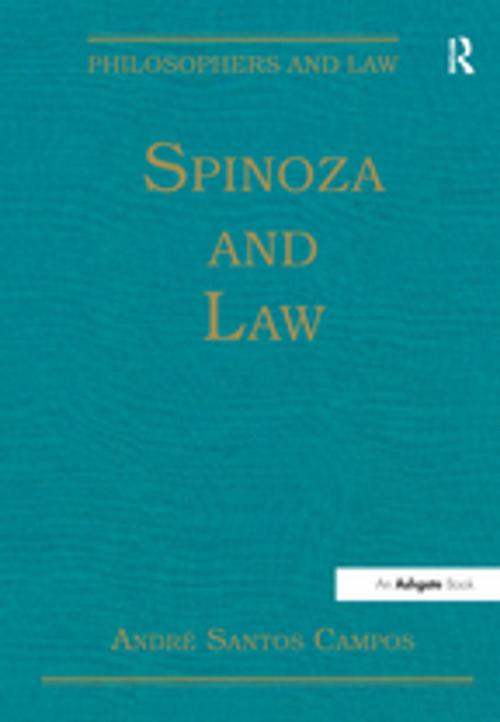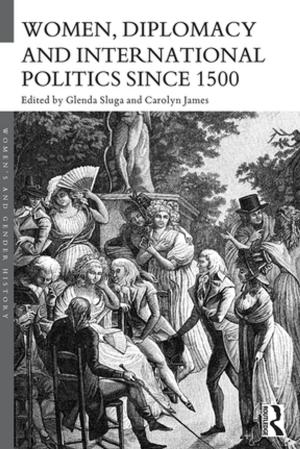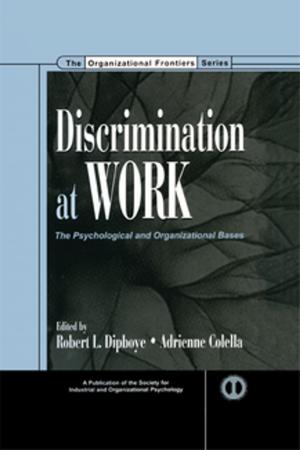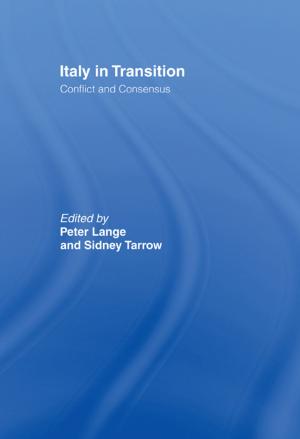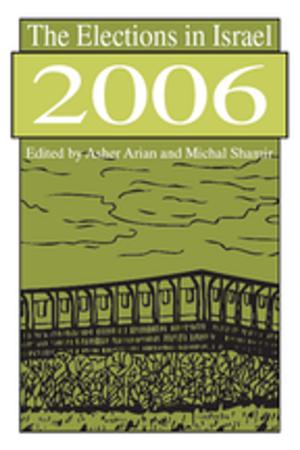| Author: | AndreSantos Campos | ISBN: | 9781351548045 |
| Publisher: | Taylor and Francis | Publication: | July 5, 2017 |
| Imprint: | Routledge | Language: | English |
| Author: | AndreSantos Campos |
| ISBN: | 9781351548045 |
| Publisher: | Taylor and Francis |
| Publication: | July 5, 2017 |
| Imprint: | Routledge |
| Language: | English |
This volume collects some of the best writings on Spinoza‘s philosophy of law and includes a critical examination of Spinoza‘s theory of the types of law, his natural law theory, as well as the modern reformulation of his approach to the nature of laws and to natural rights. This collection of essays (some of which are published in the English language for the very first time) shows how Spinoza was able to deliver a revolutionary idea of natural law that breaks away from the traditions of natural law and of legal positivism. The bulk of Spinoza‘s references to law derive from his metaphysical and political texts, but they have sufficient depth in order to form a groundbreaking theory of law that has been somewhat neglected by modern jurisprudence. The volume also features an introduction which places Spinoza‘s writings in the context of modern jurisprudence as well as an extensive bibliography. It is suited to the needs of jurisprudence scholars, teachers and students and is an essential resource for all law libraries; it is also essential to anybody who wishes to engage in Spinoza studies nowadays, whose practical philosophy has received a recent boom in attention by readers throughout the world.
This volume collects some of the best writings on Spinoza‘s philosophy of law and includes a critical examination of Spinoza‘s theory of the types of law, his natural law theory, as well as the modern reformulation of his approach to the nature of laws and to natural rights. This collection of essays (some of which are published in the English language for the very first time) shows how Spinoza was able to deliver a revolutionary idea of natural law that breaks away from the traditions of natural law and of legal positivism. The bulk of Spinoza‘s references to law derive from his metaphysical and political texts, but they have sufficient depth in order to form a groundbreaking theory of law that has been somewhat neglected by modern jurisprudence. The volume also features an introduction which places Spinoza‘s writings in the context of modern jurisprudence as well as an extensive bibliography. It is suited to the needs of jurisprudence scholars, teachers and students and is an essential resource for all law libraries; it is also essential to anybody who wishes to engage in Spinoza studies nowadays, whose practical philosophy has received a recent boom in attention by readers throughout the world.
